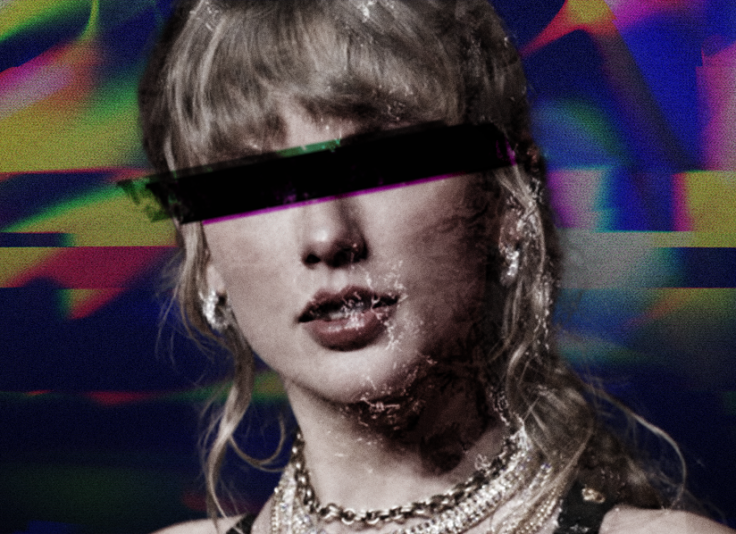Certain AI-generated images of American pop singer Taylor Swift are making rounds on the internet and social media right now.

Unlike regular images of Swift, these AI-generated pictures show the pop singer being sexually assaulted.
The offensive images not only sparked outrage from both fans of Swift and people against AI, but has also depicted the dark future an unregulated AI to the uncontrollable internet.
Women, Minors Used for Sexual Content Without Consent
The main issue raised in this incident is the very real danger of the likeness of women and underage users being used for sexual acts without their consent.
Famous personalities like Swift are not the only one exposed to these indecent acts, but anyone who post their pictures online.
The Federal Bureau of Investigations have already warned of an active "sextortion" market online where people sell explicit materials generated from pictures of minor children.
Since AI barely has age restrictions, even underage users can use the technology against their peers as it did in Spain.
'Fake News' Become More Rampant
Of course, women and children are not the only ones who are vulnerable from the dark side of this technology.
Deepfakes of politicians and other prominent figures can now easily be made as a way to harass or damage their reputation to the public.
People do not need to do commit the act anymore, AI will provide the accusation and proof against them for the whole wide world to see.
With the 2024 elections just months away, the dangers posed by the rapid development and distribution of the technology can threaten the democracy in many countries.
Also Read : How to Spot Election 'Fake News' on Social Media
Social Media Pandemonium
The accessibility of AI to regular people also poses risk as social media platforms will be the hotbed of AI-generated content, good and bad.
It may very well be much more difficult to navigate social media without encountering artificial content only made to farm engagements.
We have already seen this with the increasing amount of bot accounts across social media with the sole function of boosting posts for monetization.
The purpose of these platforms as a means to connect with people is already threatened.
How to Protect Self from Deepfakes
The best way to protect self from the dangers of AI and deepfakes is still to limit images and information shared to the internet.
It is recommended to limit the reach of personal accounts so strangers will not be able to access it easily.
Using AI tools like Nightshade can be useful. These programs poison the AI's database so pictures cannot be replicated when a machine scan it.
The changes in the image are undetectable by the human eye so the picture's quality will not be damaged.
Related Article : 5 Ways to Protect Yourself From Dangers of Deepfakes









